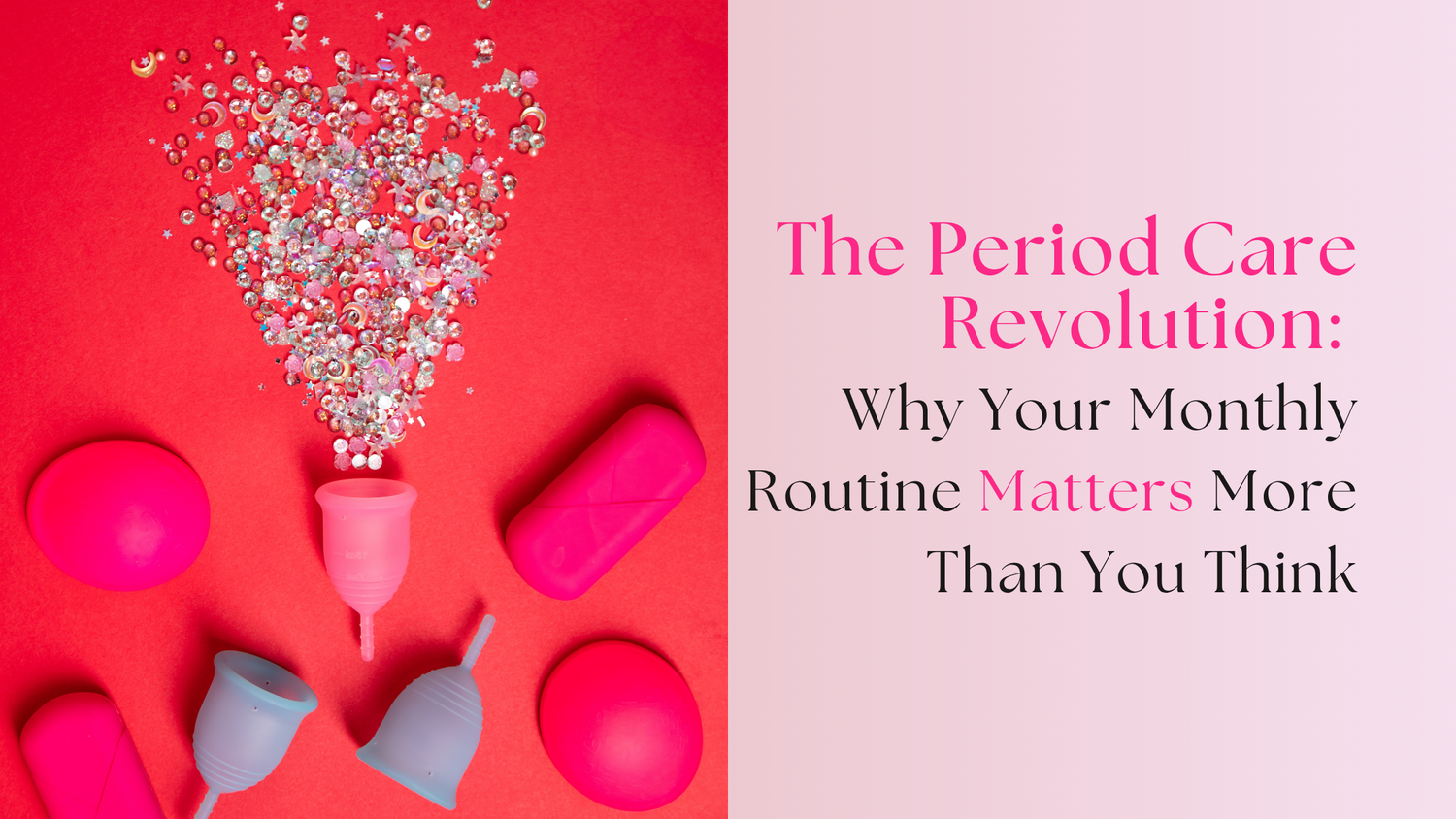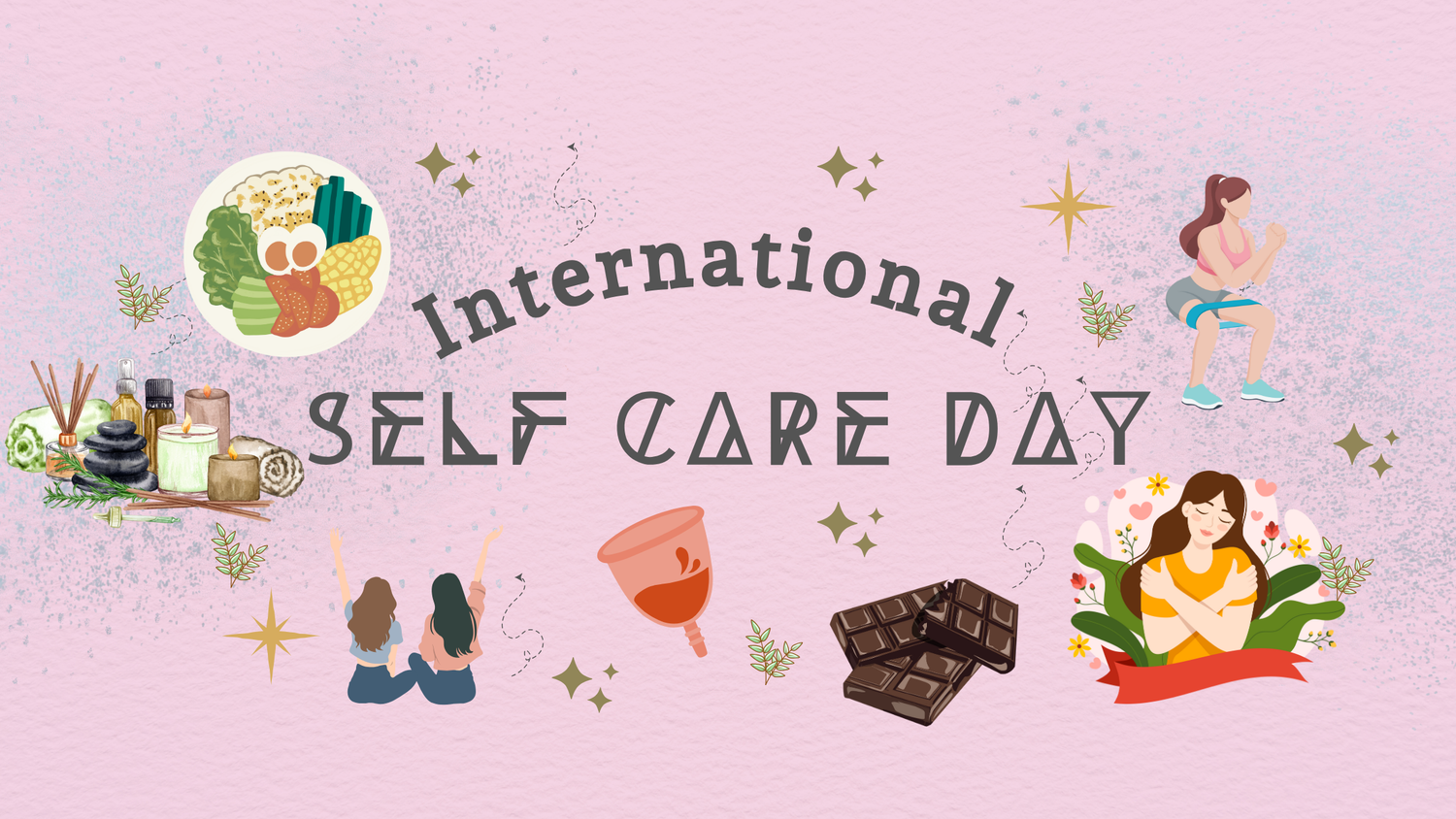How to Nurture Your Hormonal Health During Stressful Times
In today's fast-paced world, stress is an inevitable part of life. However, its impact on our hormonal health is often underestimated. Understanding the intricate connection between stress and hormones is crucial for maintaining a healthy balance. Let's explore how stress affects our hormonal system and discover practical ways to support hormonal health during these challenging times.

Understanding Stress and Hormonal Imbalance
Our bodies are engineered to handle stress in short bursts, a throwback to our primal days. When faced with a threat like a saber-toothed tiger, our brains would signal our adrenal glands to release cortisol, a hormone designed to mobilise energy quickly. This response is ideal for fleeting, intense situations but not for the chronic stressors of modern life such as work pressures, financial worries, or the relentless news cycle.
Chronic stress leads to prolonged cortisol release, which disrupts numerous bodily functions:
Blood Sugar Imbalance: Elevated cortisol interferes with insulin, affecting blood sugar regulation. This can lead to hormonal imbalances, affecting your menstrual cycle and increasing the risk of conditions like polycystic ovary syndrome (PCOS).
Decreased Progesterone: High cortisol levels can deplete progesterone, vital for fertility, menstrual regularity, and reducing PMS symptoms.
Menstrual Cycle Disruptions: Stress can delay or prevent ovulation, leading to changes in menstrual cycle length, and timing, and even causing periods to be absent.
Adrenal Fatigue: Constant stress strains the adrenal glands, leading to burnout and a state of chronic fatigue.
Practical Tips for Hormonal Support
To manage stress and maintain hormonal balance, consider these effective strategies:
Prioritise Sleep Hygiene: Quality sleep is crucial for hormonal health. Develop a relaxing bedtime routine, including warm baths, herbal teas, and reading, while minimizing sleep disruptors like electronics and late-night meals.
Incorporate Regular Exercise: Movement helps regulate insulin and reduce stress. Tailor your exercise regime to your menstrual cycle for added benefits.
Eat Well and Regularly: A balanced diet supports blood sugar levels and overall health. Focus on a mix of proteins, fats, and fibers, and minimise processed foods and stimulants like caffeine.
Stay Hydrated: Adequate hydration is essential for organ function, including hormone production. Avoid dehydrating substances like caffeine and alcohol.
Practise Breathwork and Meditation: Techniques like guided meditation and the 4-7-8 breathing method help activate the parasympathetic nervous system, reducing cortisol levels.
Utilise Herbs and Supplements: Adaptogens like ashwagandha and supplements such as magnesium and omega-3s can aid in stress reduction and hormonal balance.
Spend Time in Nature: Just 20 minutes outdoors can significantly lower stress levels. Try to align outdoor activities with your circadian rhythm for optimal sleep.
Reframe Stressful Thoughts: Changing your perception of stress can reduce its impact. Use calming activities to reach a peaceful state before addressing stressors mentally.
Foster Connections and Intimacy: Physical and emotional connections release oxytocin, reducing cortisol levels. During social distancing, virtual interactions can also be beneficial.
Cultivating Hormonal Harmony: A Holistic Approach to Stress Management and Well-being
Managing stress is not just about reducing its immediate effects; it's about protecting your hormonal health and overall well-being. By adopting these strategies, you can mitigate the impact of stress on your body and maintain a balanced and healthy life. Remember, it's about finding a holistic approach that works for you and making small, consistent changes towards better health.





